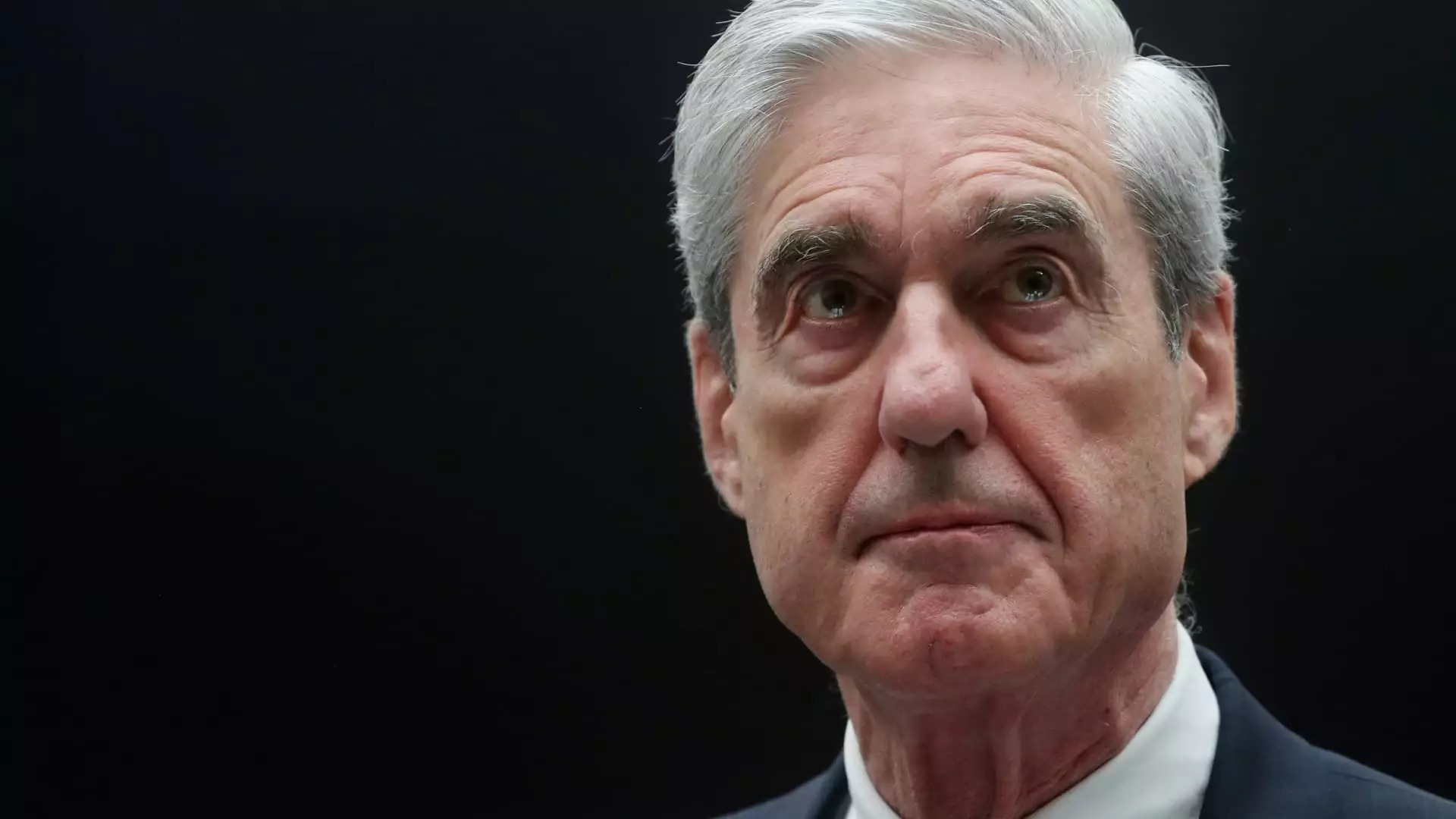The recent termination of Peter Carr, a former spokesman for special counsels Robert Mueller and Jack Smith, is not just a footnote in the annals of the Department of Justice (DOJ) but rather a glaring indication of deeper issues within a pivotal institution. Carr’s dismissal, occurring on a Friday—a day often chosen for controversial announcements—reveals a willingness to undermine independence and accountability for political expediency. The abruptness and context of his firing lend credence to existing concerns that the DOJ is increasingly surrendering to the influence of partisan politics, especially in the face of the tumultuous landscape shaped by former President Donald Trump.
Carr’s long history with the DOJ since 2007 served as a rare constant in an era defined by chaos. His contributions, particularly during the high-stakes Mueller investigation, merit recognition. Mueller’s probe, despite its controversial reception, sought to sift through the shadows cast by suspected Russian interference in the 2016 election and Trump’s interactions with foreign actors. By abruptly dismissing Carr, the DOJ not only loses a seasoned spokesperson, but it also sends a strong signal that transparency and accountability may be secondary to political alignment.
DAG Todd Blanche’s Troubling Background
The role of Deputy Attorney General Todd Blanche in Carr’s termination adds another troubling layer to an already complex scenario. Prior to taking on his current responsibilities, Blanche represented Trump in various high-stakes criminal cases. This duality of interests raises alarms about conflicts of interest and the integrity of the DOJ in safeguarding nonpartisan justice. It begs the question: is the DOJ functioning as an impartial body focused on justice, or has it become an extension of political maneuvering aimed at protecting political players?
The fact that several career prosecutors were also ousted just prior to Carr’s firing indicates a worrying trend that prioritizes loyalty over expertise. It suggests that the DOJ might prioritize alignment with the political elite over the fundamental obligation to enact justice. This should concern all citizens, regardless of political affiliation, as undermining the institution’s nonpartisan ethos could have chilling effects on the pursuit of justice in future cases.
Mueller’s Legacy and the Weight of Accountability
The legacy of the Mueller investigation looms large in American political discourse, even as the timing of Carr’s departure raises questions about lingering ramifications. Mueller’s final report left the nation with unresolved inquiries, particularly on the avenues of obstruction and conspiracy. Although the investigation concluded without charging Trump, it did not absolve him either. As Mueller stated, the inability to definitively clear Trump of wrongdoing was a profound acknowledgment of the murky ethical waters traversed by political actors.
This continued ambiguity around Trump’s actions creates a precarious environment where accountability feels contingent upon political tides rather than moral clarity. Carr, as a key communicator during these investigations, embodied the complicated relationship between media, public opinion, and the reality of legal proceedings. The DOJ’s decision to sever ties with him diminishes the spirit of inquiry and transparency that is vital in a democratic society.
Political Implications and the Future of the DOJ
For a nation that highly values the rule of law, the implications of Carr’s firing can be far-reaching. Are we entering an era where political affiliation dictates judicial outcomes, undermining the principle of equal justice under the law? If personnel decisions are based on perceived loyalty rather than qualifications, then the DOJ risks becoming a hollow institution—one disconnected from its foundational mission.
Ultimately, Carr’s sacking is emblematic of a broader trend that challenges the very essence of justice. Political maneuvering should not dictate the outcomes of investigations or the fates of credible public servants. As citizens who cherish democracy, it is incumbent upon us to question and confront such alarming developments in our institutions. Rather than viewing Carr’s departure as a mere administrative shuffle, we ought to perceive it as a clarion call to advocate for a DOJ committed to impartiality and justice—a department that serves all Americans rather than a select few.

Leave a Reply